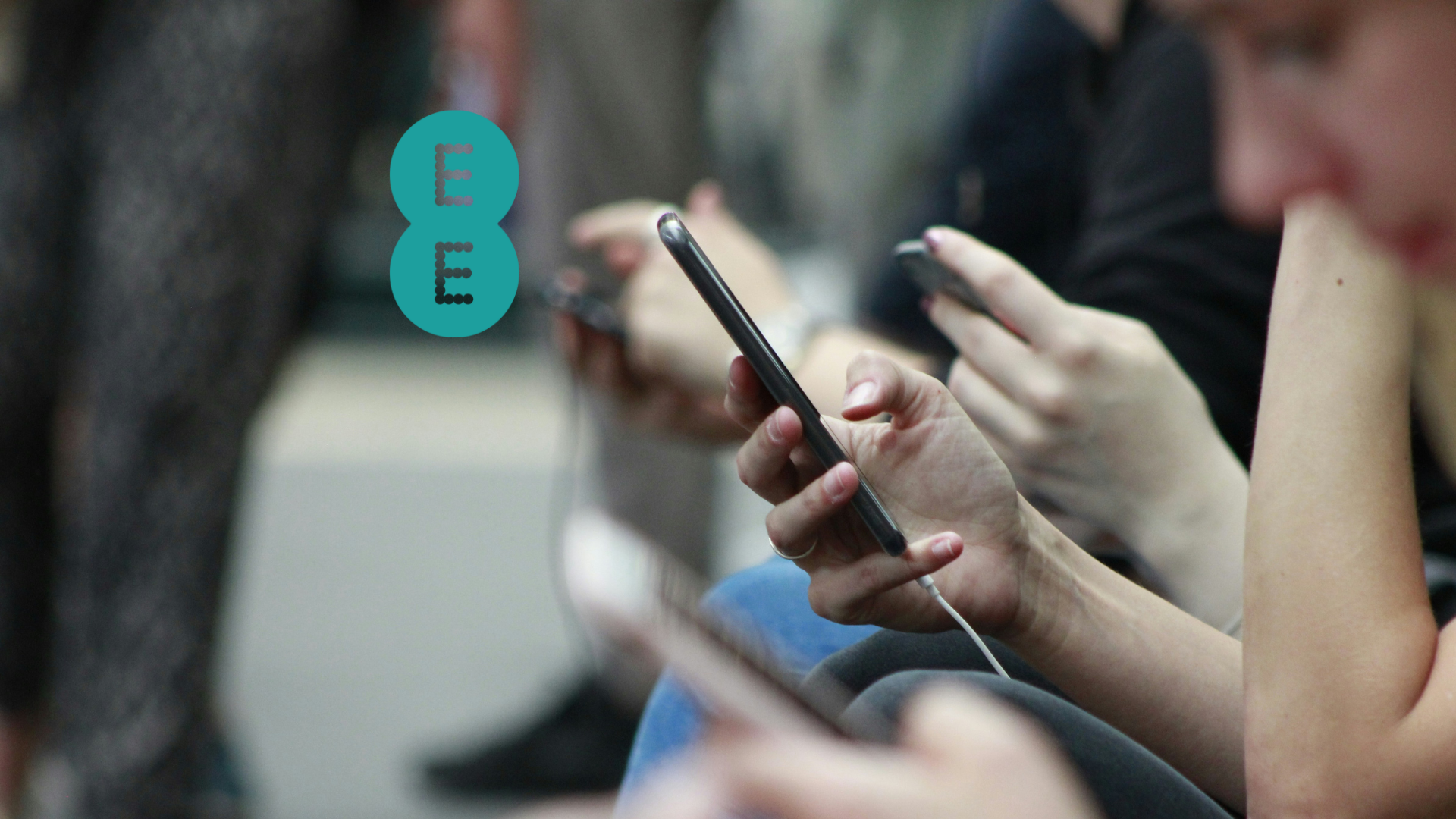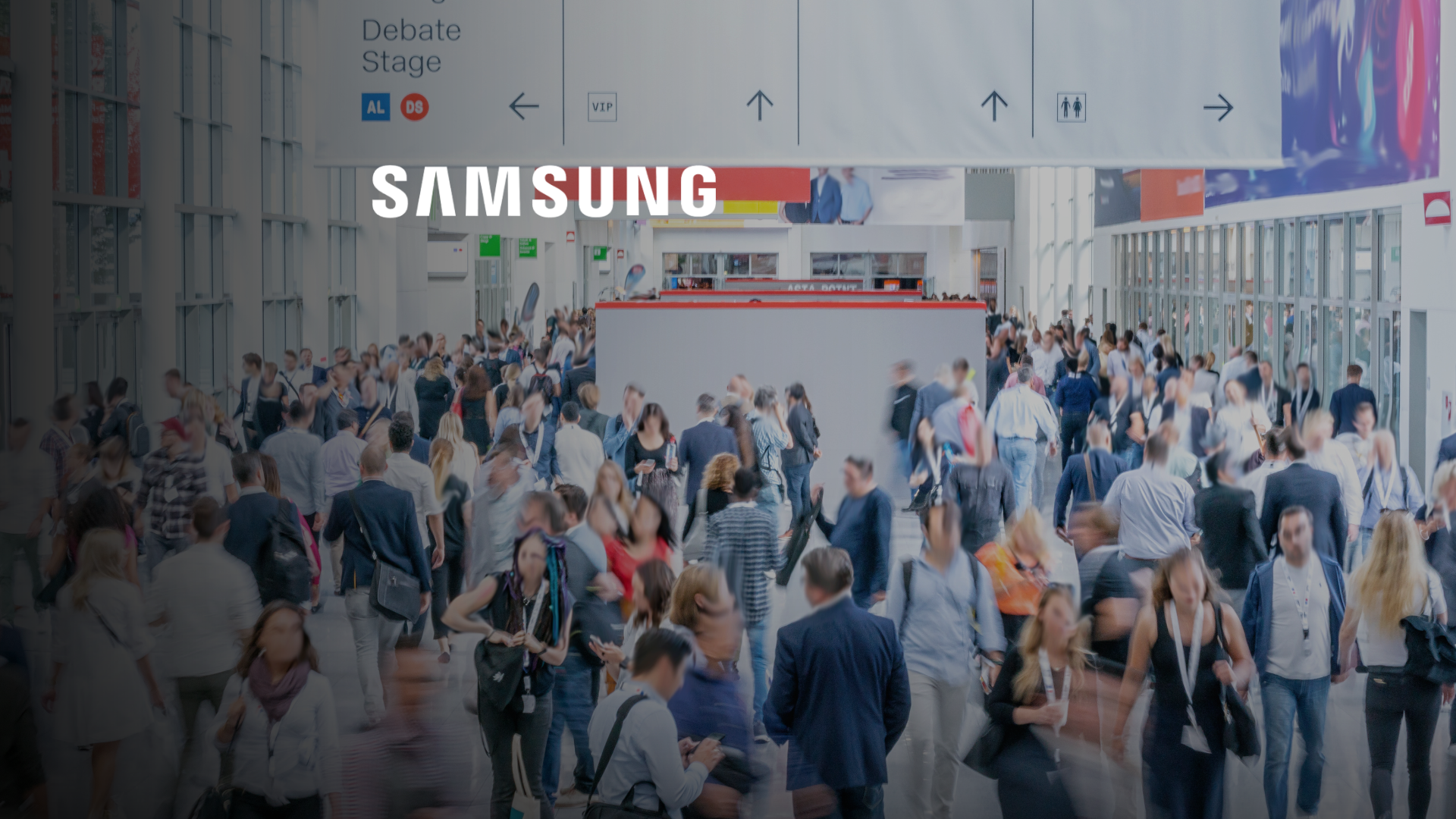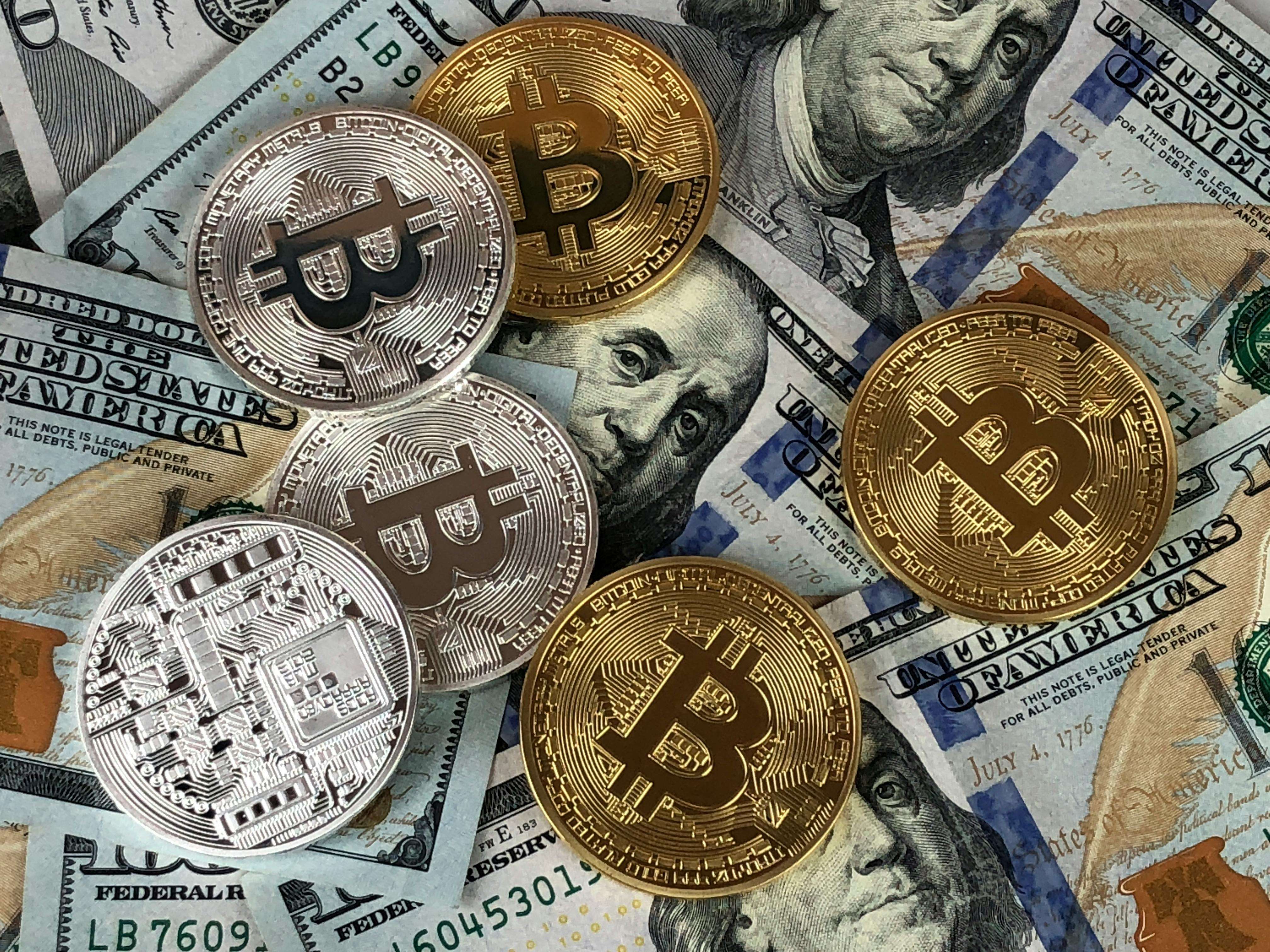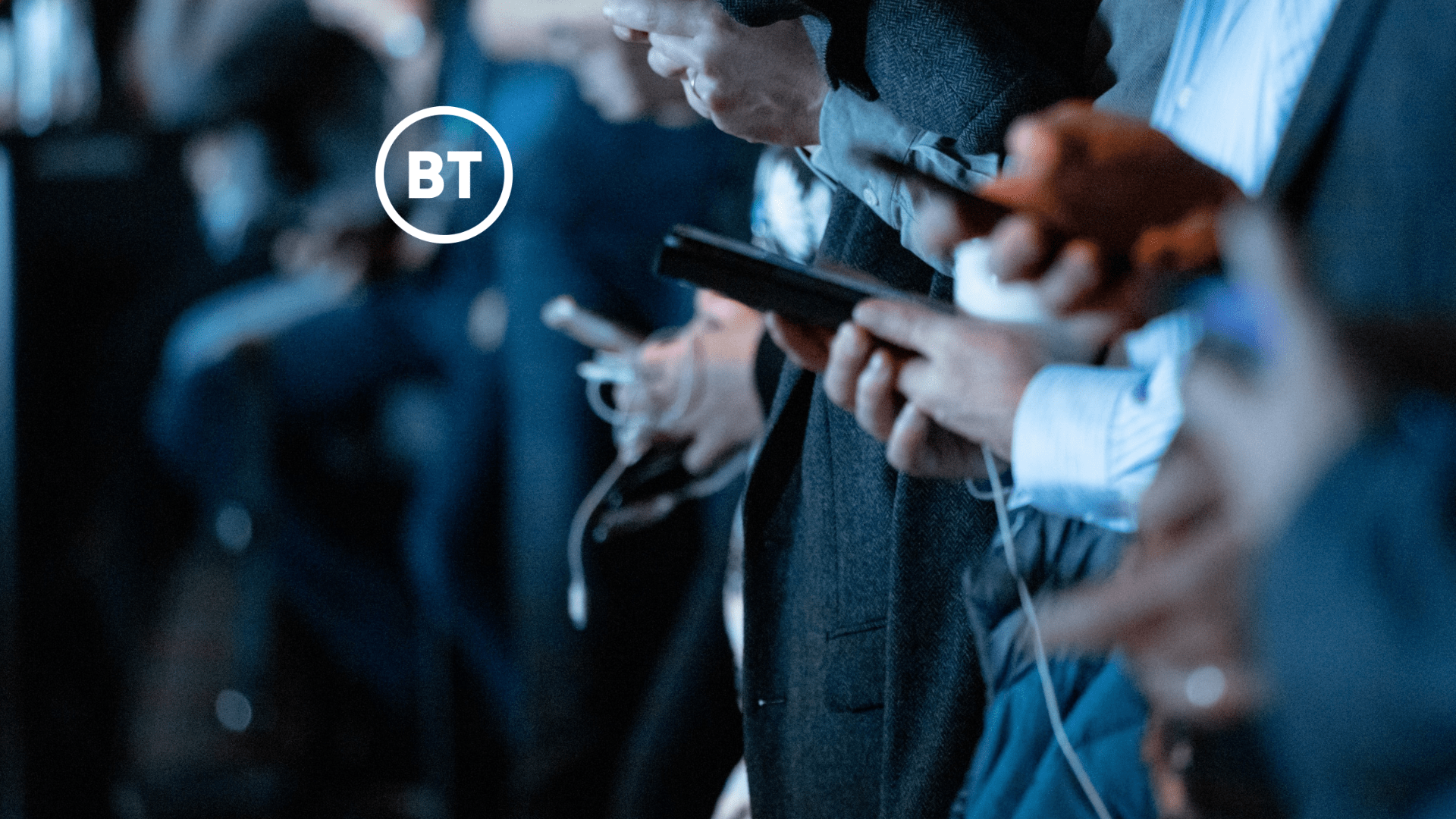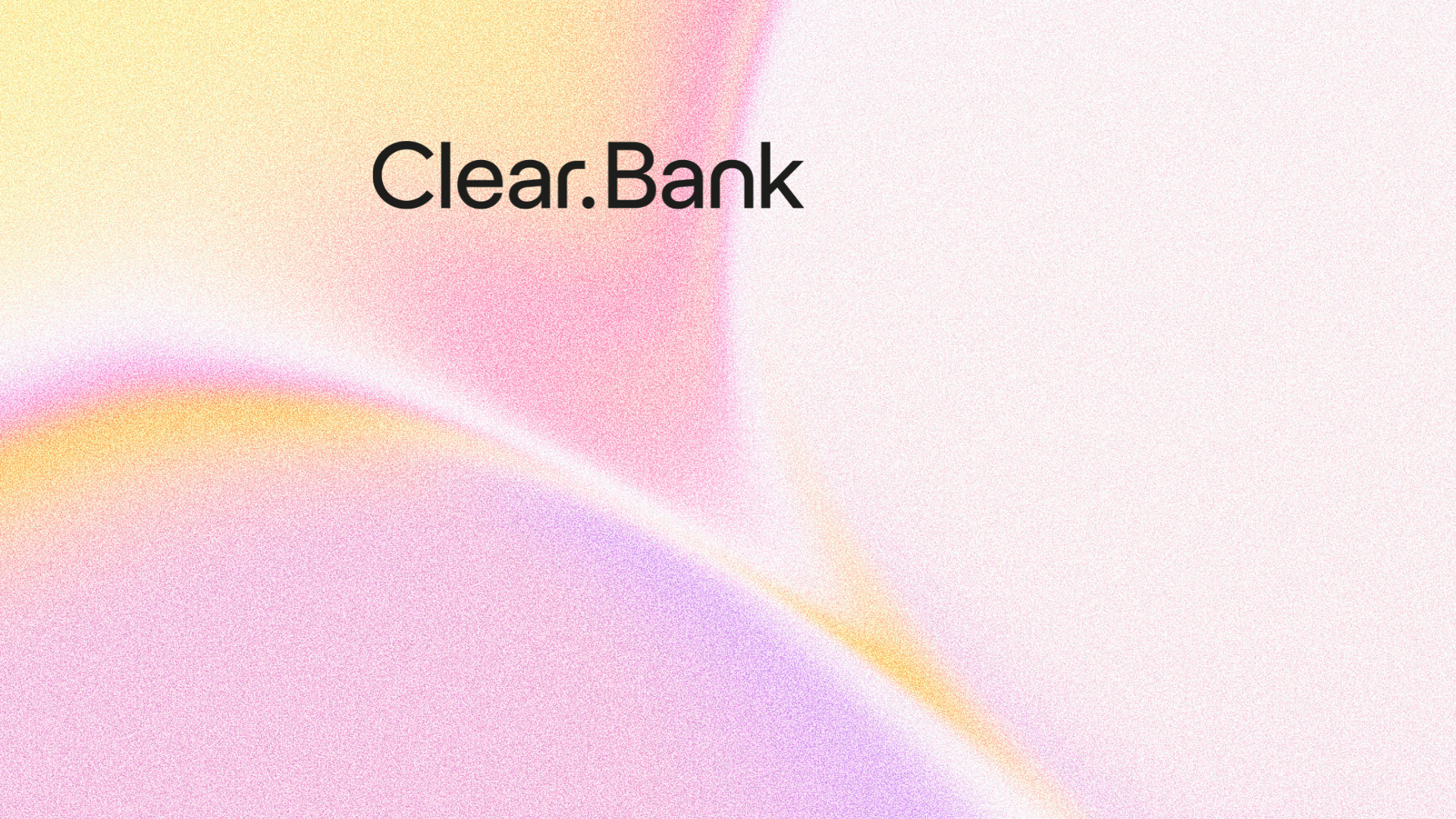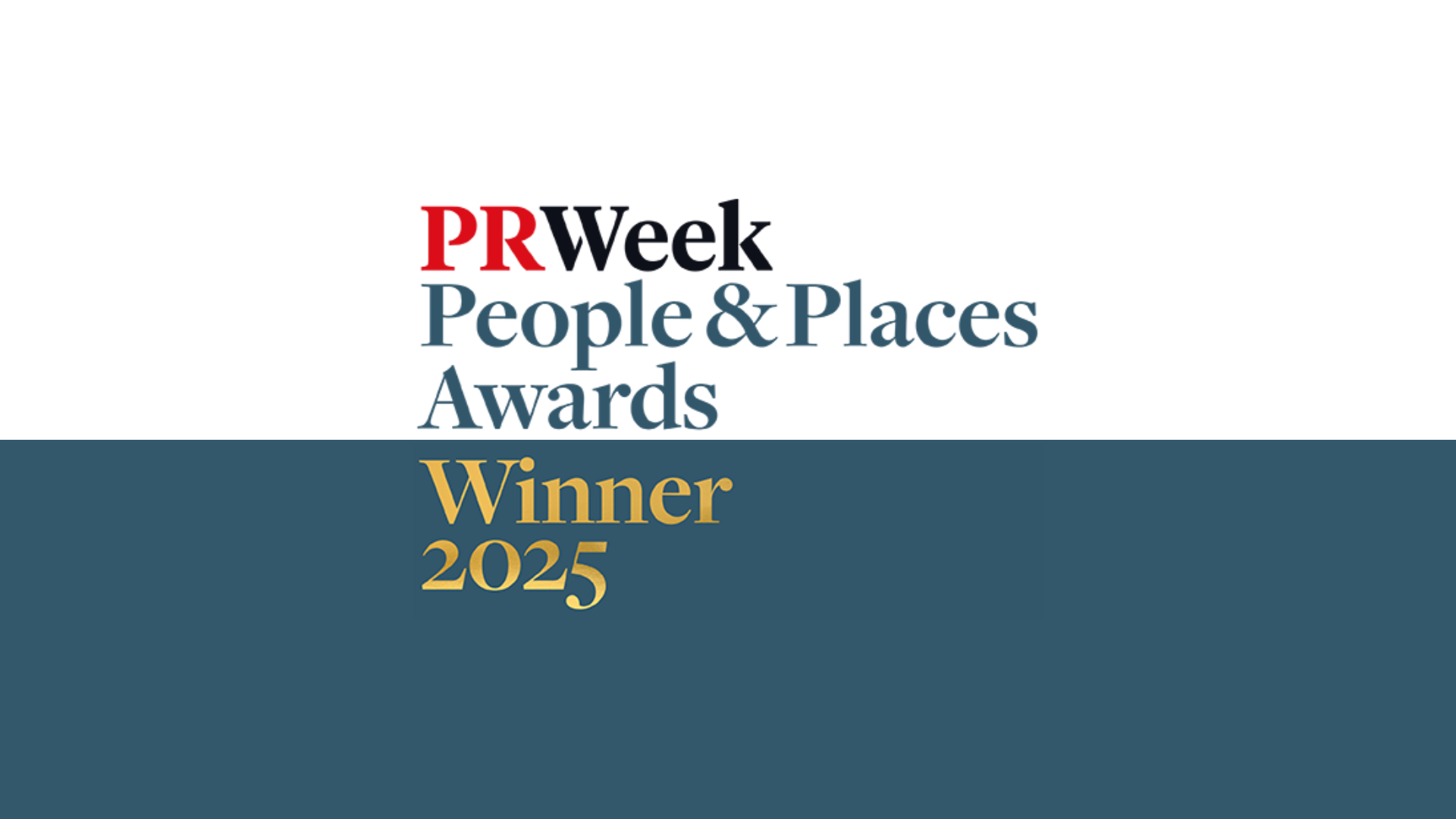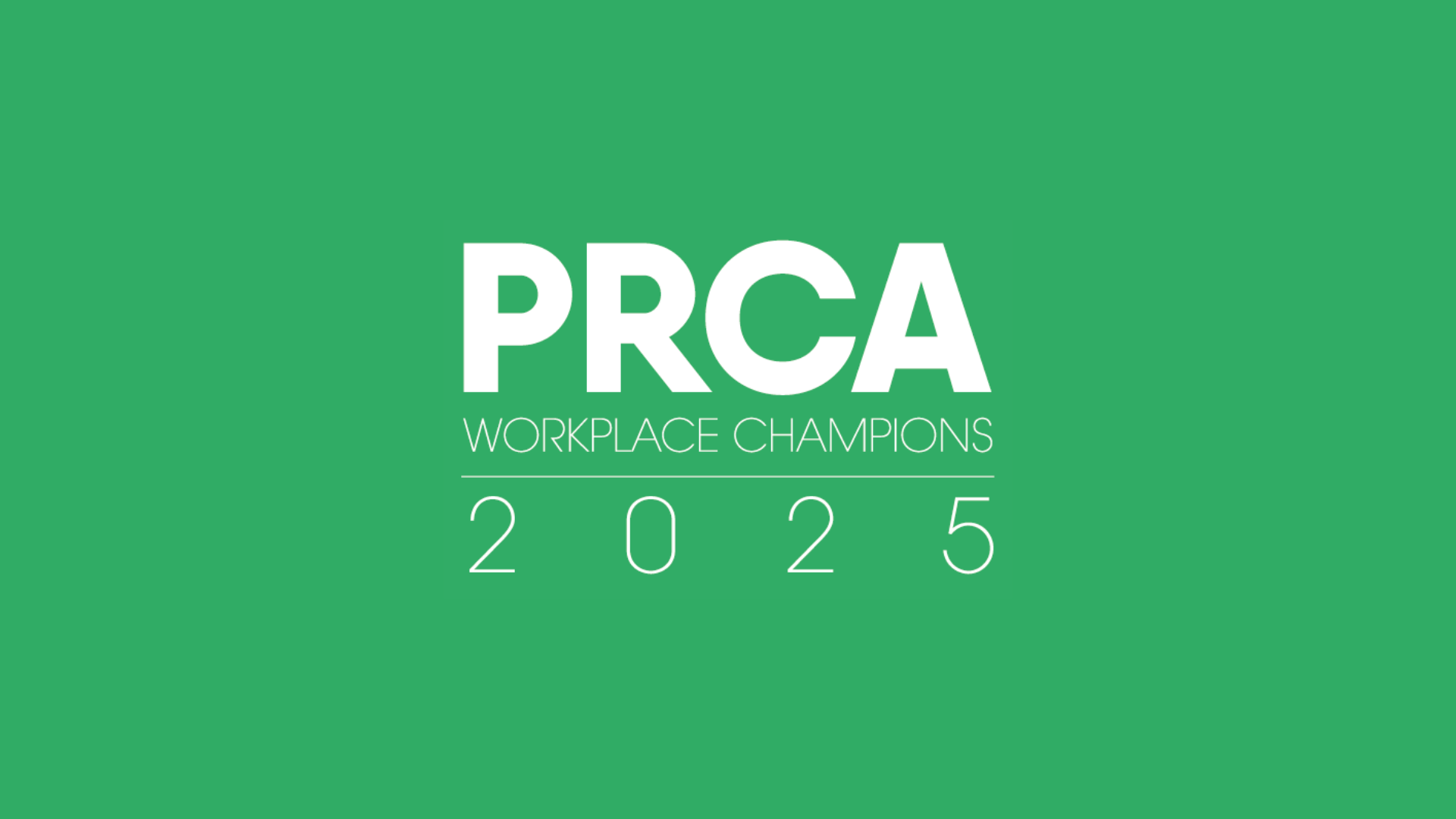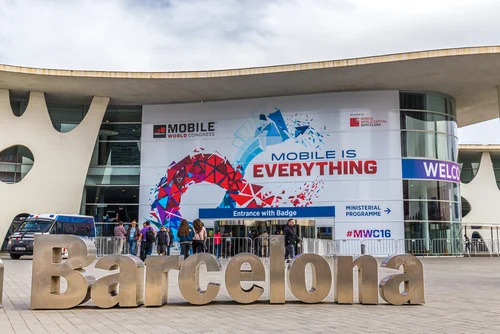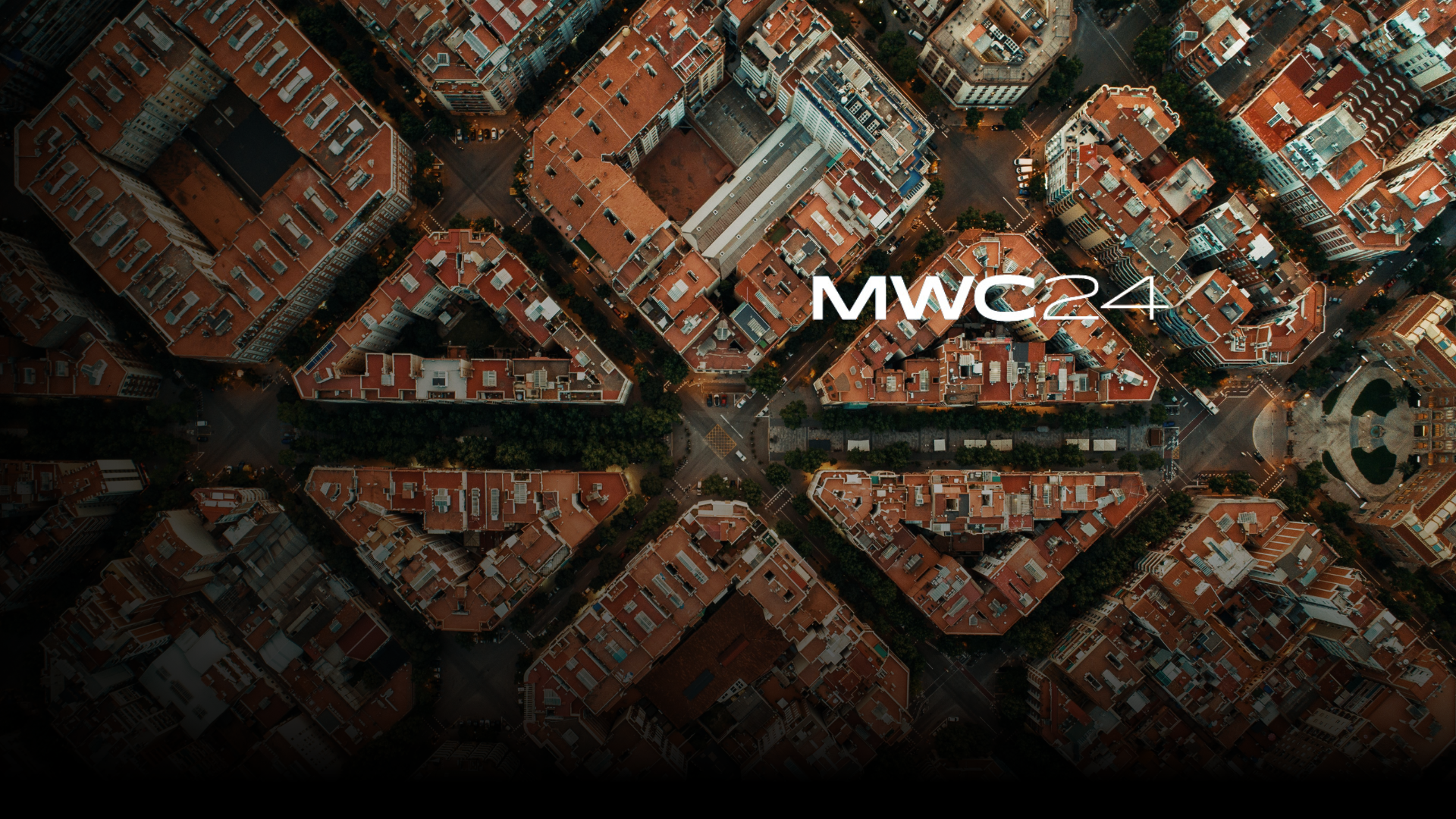So, what about this year? Well first thing to note is the new name. MWC Barcelona, eh? My immediate impression is the GSMA is trying to diversify and create more traction for its two sister MWC events in MWC Americas and MWC Shanghai? I did think this was the long-term plan when the GSMA took control of the North America event from the CTIA. But then why call it MWC Barcelona and not MWC Europe? Well, I think it has a lot to do with hundreds of non-European companies wanting to pay hundreds of thousands of dollars to visit Barcelona every year.
It’ll be interesting to see what happens in terms of attendance this year. We’ve been at the 107,000 mark for the last two years (see attendance figures for every MWC since 2005 listed in my MWC nostalgia trip). Could more records be ‘shattered?’ Could we start seeing a decline?
In terms of content? Well, it’s all about 5G isn’t it? Coverage from CES suggests that many of the main vendors and operators are waiting until MWC Barcelona to make their latest 5G announcements. The 5G narrative has suffered something of a sidewinder in recent weeks. It’s all got rather political with Huawei taking centre stage. My colleague Anais sums it all up beautifully here. I’ve spoken about Huawei’s dominance before – especially as far as the branding wars at MWC are concerned. Is it even conceivable that such a dominant global organisation could be on the cusp of decline? Well, I can recall saying the same thing about Nokia’s device business, Nortel and Alcatel Lucent. The mighty do fall.
In truth, market competition killed Nortel and Alcatel Lucent – Huawei played its part. It’s amazing to see how wide and how deep the Chinese vendor has spread over the years. It seems increasingly obvious how much the mobile industry has come to depend on Huawei for network infrastructure. Is this the good news that Nokia and Ericsson have been waiting for? Let’s face it, they could do with some cheering up. Some executives within the operator community, however, seriously doubt whether Ericsson or Nokia is capable of stepping up to the 5G plate, in Europe at least. Could Huawei really be irreplaceable? Probably not, but it would delay 5G roll out for a while (for two years according to DT). Can the mobile industry really afford to wait that long? Well the GSMA clearly doesn’t think so, yesterday calling for ‘common and consistent’ security certification for 5G in Europe.’ The underlying sub-text, despite its statement being laughably vendor neutral, is urging the world to consider the implications of banning Huawei from Europe’s 5G rollout. Or to put it another way: “without Huawei, we’re all f*cked.”
Net result? Political heat, uncertainty, indecision, inaction… Sounds a bit like Brexit, doesn’t it?
From one previously assumed unassailable company to another – Apple. Now they won’t be at the show, but its recent profit warnings (more evidence of unrest with the Chinese) reflect an uncomfortable reality for global OEMs. Devices are expensive, innovation is not moving with the price tags and consumers are holding on to phones for longer. The promise of 5G handsets is likely driving some of this, but yet again the device headlines around the show are tied to consumer nostalgia for iconic former greats. First the Nokia 3310 (MWC2017), then the Nokia banana phone (MWC2018) and this year it’s the Motorola RAZR. The global mobile consumer base is getting a bit bored with smartphones. Tim Cook is placing his faith in the secondary mobile device market to sustain high prices and regular upgrade cycles. 5G clearly can’t come soon enough. Samsung will launch the Galaxy S10 at the show next week, though it won’t be 5G-ready.
The MWC Barcelona 2019 agenda reflects the major topics you’d expect: 5G, AI, blockchain, IoT, smart cities etc. Interestingly and inevitably, the topic of digital trust also has its own stream. Blockchain is included in this along with digital identity. So too is the need for all members of the mobile industry to work hard to protect data and privacy. The GSMA is into this in a big way – as evidenced by its recent ‘Digital Declaration.’ From what I can gather, it’s an attempt for the traditional telco world (mostly operators), and a few rising OEMs, to remind everyone that they have higher standards when it comes to ethical data use than ‘the other lot.’ It looks as though the operator community is taking the moral high ground in a time of super-sensitivity. Market opportunism at its finest and something we looked into for a client campaign we ran for Openet last summer.
Let’s wait and see how it all unfolds. Here we go again…
